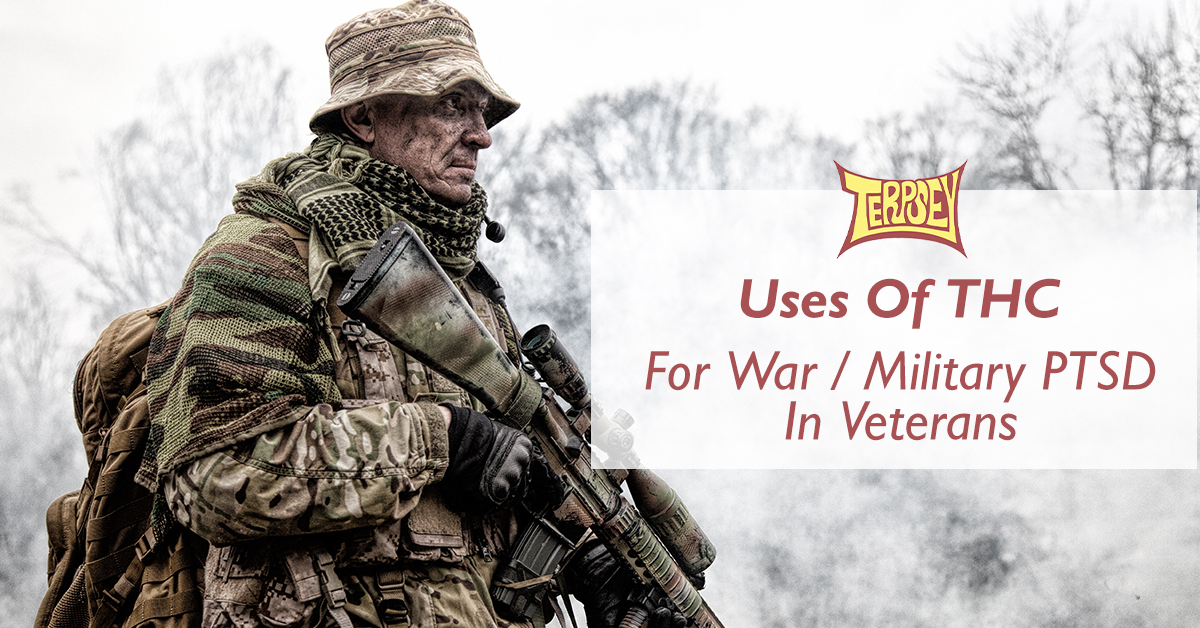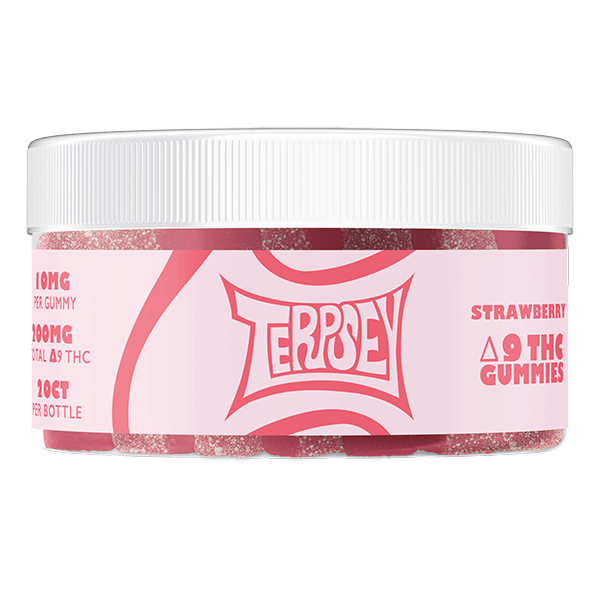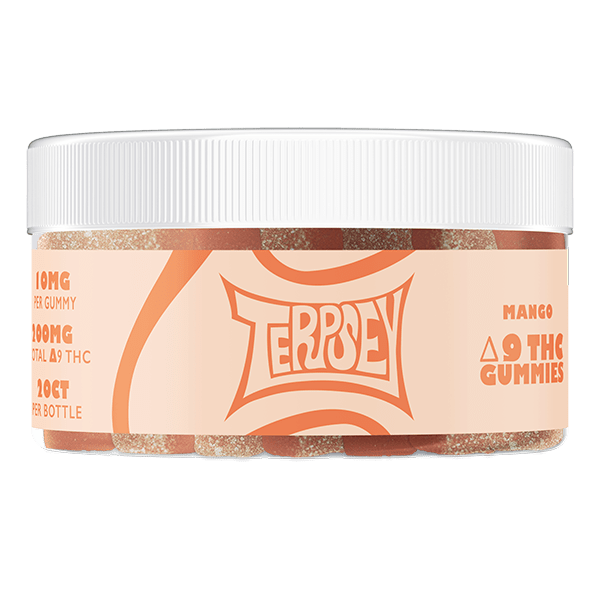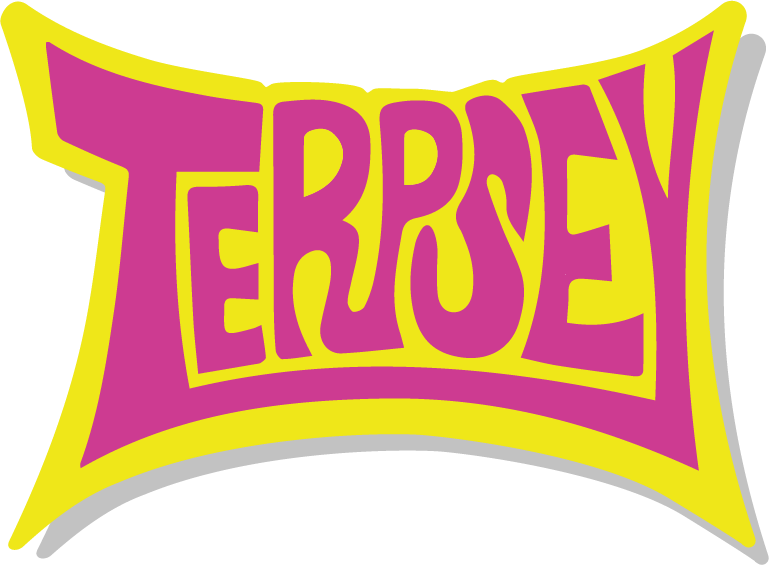
Uses Of THC For War/Military PTSD In Veterans
Table of Contents
Anyone could experience severe trauma or life-threatening incidents. After such an event, your mind and body may face shock for some time. But this normal response develops into post-traumatic stress disorder (PTSD) when your nervous system gets stuck. It means that your nervous system does not allow you to return to its normal state of balance. Using THC For War/Military PTSD in Veterans is helpful.
As a result, you may go through intense emotional and physical reactions to reminders of the trauma. You may have panic attacks, heart palpitations, and uncontrollable shaking. Such psychiatric conditions are common in veterans exposed to war. But THC For War/Military PTSD in Veterans is effective.
PTSD symptoms could persist for months or even years. You may have witnessed friends and fellow soldiers being hurt or killed. Then, you may not have enough time to process the happening scene. But later, when you return home, these events may flash back in your mind and haunt you. If you’re experiencing trouble transitioning to life after military duty, go through this post. Thus, THC For War/Military PTSD in Veterans is favorable. We suggest using THC (delta-9 tetrahydrocannabinol) to recover from emotional stress.

Understanding War/Military PTSD In Veterans
While serving in the military, you might have participated in missions that put your life in danger and exposed you to awful situations. Additional factors in a battle may increase the already tense circumstances. It could aggravate PTSD and other mental health issues. These variables include your actions during the war, the political atmosphere, the terrain of the battle, and the enemies you encounter. PTSD can result from deployment to combat zones, training mishaps, or military sexual trauma (MST).
Some veterans may develop symptoms of PTSD after years, while many can have them in hours or days following a traumatic event. Though each person manifests PTSD differently, the following signs are prominent:
- Self-destructive behavior
- Agitation or irritability
- Memory amplification
- Nightmares and flashbacks
- Emotional detachment
- Social isolation
- Loss of interest
- Guilt feeling
- Angry outbursts
- Sleep deprivation
- Severe anxiety or phobia
- Poor concentration power
There is no definitive cure for PTSD, but numerous therapeutic options are available to reduce its symptoms. For example, various therapy modalities and prescription drugs are available. Among therapies for the disorder, the prominent ones are:
- Cognitive-behavioral therapy (CBT)
- stress inoculation training (SIT)
- Eye movement desensitization and reprocessing (EMDR).
These therapies focus on altering negative thoughts, attitudes, and emotional responses related to psychological distress. However, the efficacy of these therapies is not proven. Pharmaceutical treatment of PTSD includes anticonvulsants and atypical antipsychotics.
However, many people do not respond well to these pharmacological medications. They may encounter adverse effects that prevent them from taking the medicines in adequate doses for an extended period. It is why patients seek medical cannabis instead of over-the-counter drugs. THC has antipsychotic, anticonvulsant, analgesic, neuroprotective, and antioxidant properties. These qualities help resist PTSD symptoms, from recurring memories to feelings of numbness.
How Does THC Work In The Human Body?
Smooth brain functioning of our body depends on ECS (endocannabinoid system). This system has cannabinoid receptors, endocannabinoids, and enzymes as components. They facilitate the regulation of various bodily functions to attain homeostasis. For example, they modulate immunity, sleep, pain, inflammation, digestion, emotion, memory, stress, and mood. However, the problem arises when PTSD inhibits ECS signals in the brain. ECS dysfunctioning triggered by PTSD can cause several health and wellness issues in the body.
A preliminary study indicates that endocannabinoids and phytocannabinoids (like delta-9 THC) have a similar chemical structure. Despite being an exogenous compound, THC plays a vital role in ECS functioning. It can alleviate PTSD-related disruptions by preventing the breakdown of endocannabinoids. It can modulate receptor activities and inhibit excess enzymes. It replicates the function of natural endocannabinoids and helps restore internal balance. Though the therapeutic benefits of THC are commendable, more research on this perspective is necessary.
Role Of THC To Mitigate PTSD Symptoms
For many veterans, using THC For War/Military PTSD issues returning from military service means dealing with PTSD. However, turning to THC is the best thing you can do to manage symptoms and feel better. It will help relax your mind, recover from the trauma, and lead a fulfilling life. THC works by interacting with ECS, binding to receptors, and overcoming deficits. It produces the desired effects with a mild, euphoric high, provided that THC content is less than 0.3%.
While choosing a THC product for PTSD, opt for Bluerazz Delta 9 THC Gummies. It has a sweet and tart blueberry flavor that appeals to the taste buds. It promotes cognitive function by producing motivating feelings, elevating mood, increasing energy, and alleviating stress and pain.
Features
- Third-party lab tested
- Cost-effective
- Health and wellness benefits
- Desirable taste
- Organic ingredients
- Free shipping
Now, let us discuss the potential benefits of using THC-based products for PTSD patients.
Prevents Nightmares
People who have PTSD may encounter terrifying nightmares based on their traumatic events. The dreams are so convincingly real-seeming that they might even startle you awake from a sound sleep. Even in bed, it could make you sweat and set your heart to pound fast. Depending on the level of mental stress, it can happen rarely or regularly. However, THC can help calm your mind and stop nightmares. Research shows that THC can reduce the frequency and severity of post-traumatic dreams. By modulating the neurological system, the cannabinoid—alone or in combination with other substances—can reduce PTSD symptoms.
Reduces Hypertension
Hypervigilance, hyperawareness, and rapid reflexes are essential traits for military service. But when you return home after a distressing occurrence, these reactions are improper. Hyperarousal may result in PTSD. Your mind may become hyper-vigilant because you keep thinking about your experience. Your body responds as though there is a risk even when there isn’t one, which causes hyperactivity. However, consistent THC use in adequate quantities can help you overcome this terrible mental condition. It reduces stress and has antidepressant properties that stop the brain from overthinking. A recent study found that THC positively affects human brain function and helps treat neurobehavioral disorders.
Alleviates Anxiety And Depression
PTSD is a psychiatric disorder that can exaggerate anxiety and depression symptoms in many sufferers. It may cause high levels of distress that may interrupt your daily activities. It could affect your relationships with friends, family, and fellow veterans. A 2020 study suggests cannabinoid-based interventions for psychiatric disorders, including PTSD. You may feel better if you receive therapeutic support and use THC-based drugs under medical supervision. THC can lessen anxiety, panic attacks, compulsive behavior, and the adverse effects of chronic stress.
Improving Sleep Quality
Dysfunctional sleep is another typical PTSD symptom. Your mind may recall the unfortunate incident again and again. It may prevent you from falling or staying asleep throughout the night. Sleep deprivation, like insomnia, could eventually affect your mental health and overall well-being. You may experience weariness, daytime drowsiness, tension, and poor energy. According to a new study, cannabinoids such as THC help to maintain biological homeostasis by functioning as a sleep aid. Researchers also discovered a significant impact on rapid eye movement and slow-wave sleep phases. Overall, the cannabis component improves both the quantity and quality of sleep.
Removing Fear-Related Phobia
PTSD patients often try to avoid things, people, places, or circumstances that remind them of the traumatic experience. Due to extreme fear, they may feel on guard and as though something is about to go wrong. Sometimes negative emotions like anger, remorse, humiliation, or blame become overwhelming. After the tragic incident, this persistent psychological condition could last for many years. Fortunately, THC can resist the formation of terror memories. According to research, THC interferes with the processing of long-term fear memories and in turn, relieves intense stress.

Takeaways: Useful Tips For THC For War/Military PTSD
A psychological stress response to a traumatic experience in military service could lead to PTSD. Recovering from this disorder involves coming out of the mental and emotional conflict zone. Numerous pharmaceutical drugs and psychotherapies are available for treatment.
However, if you combine THC with these conventional treatments, it can speed up your recovery. THC, a botanical compound, will help to unblock your neurological system. It addresses ECS deficiency by binding to receptors and ensuring endocannabinoids stay longer in your system. It regulates energy levels, pain perceptions, sleep patterns, mood swings, digestive issues, and immune cells. Eventually, it facilitates homeostasis, leaving you more relaxed and content.
Today, THC-based goods come in many forms, including oils, tinctures, topicals, vape juices, edibles, and beverages. Make sure to buy the third-party lab-tested product from a licensed cannabis merchant. Reputed vendors provide cannabis derivatives certificate of analysis (COA), ensuring THC content is within federal limits.
Best-quality THC goods can help overcome distressing thoughts, nightmares, flashbacks, and fear induced by your traumatic experience. However, always consult your physician before incorporating it into your schedule. As a rule of thumb, start with a small THC dose and gradually increase the amount, provided it makes you feel better.
Interesting Reads:
Why Delta 9 is the Best Type of THC?
